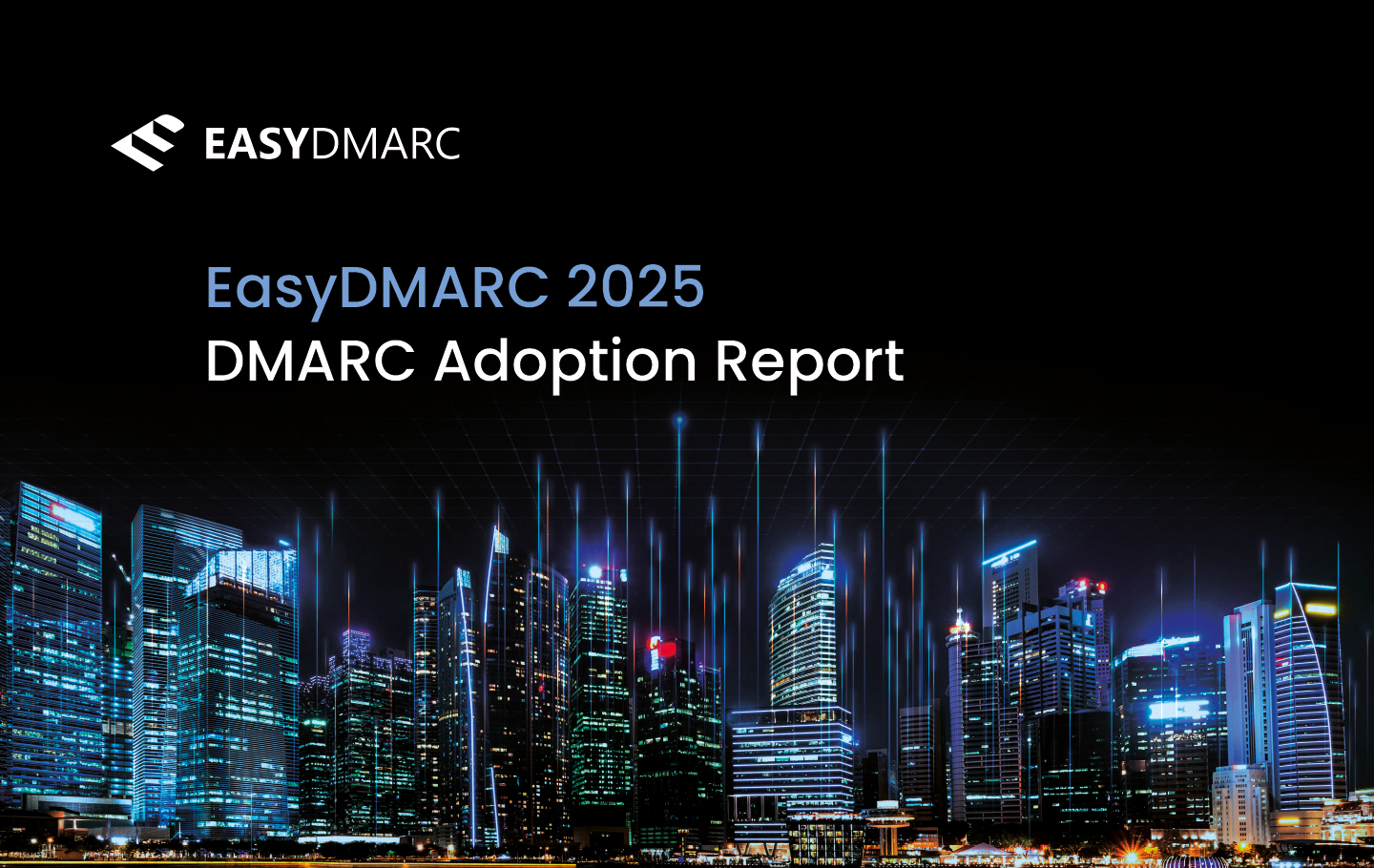Companies worldwide need managed service providers (MSPs) in the modern age. Email processes and marketing are massive components of an MSP’s daily tasks. . As such, MSPs can’t afford to ignore the rampant rise in email scams and attacks. In fact, research has shown that attackers are even more likely to target MSPs.
Read on to find out how you can protect your MSP business against cyber attacks, and garner continued and enhanced trust with your clients.
Why Email Security is Crucial to MSPs
There’s a reason why MSPs have become so cybersecurity-centric in recent years. The amount of cyberattacks and scams on businesses has risen dramatically. As a result, it’s become extremely common for MSPs to provide security services. It’s no longer an option to ignore the increasing frequency of cyberthreats. To protect their clients, MSPs must be incredibly careful with the services they provide.
Cybersecurity is a difficult landscape to traverse. It’s constantly adapting, changing, and being torn up and rebuilt. MSPs need to take all forms of security into account—especially the one that has seen a massive increase in scams over the years, email.
How Do Hackers Target MSP Security?
More often than not, MSPs have unrestricted access to their clients’ networks, as well as business applications and software programs. This remote administration and access is vital for MSPs to do their job as intended. However, this remote connection to precious company networks and files can be an open window for attackers.
Since MSP applications are often open-source, that only adds to the risk of compromise from malicious software or network-based attacks.
Unfortunately, the way MSP services are provided unintentionally opens doors for cyberattacks of all kinds. That’s why MSP security needs to be airtight and carefully monitored—a standard rarely upheld for email.
Why Do MSPs Need to Boost Email Security?
There’s a very simple reason email security is crucial for MSPs. Email security should be important to everyone, especially with the increase of scams and malware passing through emails in today’s digital landscape. However, it’s especially important for MSPs due to how much email communications expose clients’ vulnerabilities to attackers.
Taking precautions is essential to your own business’ safety, as well as your clients’. As an MSP, you have multiple companies that rely on your internet presence rather than just your physical presence. For that reason, it’s all the more vital to protect your internet presence from attackers at all costs.
MSP and MSSP Email Security Tips
Our MSP email security guide wouldn’t be complete without a few email security tips. They should help steer you towards precautions and a proactive approach to reduce your risk of dire consequences during an email attack.
Use Advanced Email Security Solutions
As we said prior, email security for MSPs is a growing subject in the online world. As such, there are numerous high-quality services dedicated to offering premium email security and protection. At EasyDMARC, we offer a platform that watches, maintains, and safeguards your email from spam, scams, and various other attacks.
Becoming a DMARC MSP/MSSP partner with EasyDMARC is rather simple. With our MSP/MSSP partner program, you can immediately start managing your clients safely and effortlessly.
While precaution and care are always important virtues online, nothing protects your and your clients’ email more efficiently than robust solutions like EasyDMARC.
Implement Sandboxing
Sandboxing is another extremely helpful safety measure in the world of email security. While it can be daunting to set up, it’s definitely worth the effort. Sandboxing allows you to have the contents of an email checked in a controlled environment before it even reaches your network.
Sandboxing is one of the only solutions to counteract attacks like zero-day threats and others that don’t require interaction with an email’s contents to spread its infection. Even attacks that don’t require an email to be opened must still reach the network to be effective. If you can prevent that, you nullify the attack entirely.
Switch to the Cloud
Like with many other things, businesses are moving to the cloud, taking their email infrastructure there too. Expensive hardware and security gateways are no longer needed, and the benefits are numerous.
A cloud-based infrastructure allows you to establish a controlled area for email content, just like with sandboxing. Cloud structures also tend to be far more organized, greatly reducing the chance for emails to slip through blindspots and make their way onto the network.
Consider moving your MSP security operations to the cloud to benefit from more streamlined access to your clients’ devices and systems, as well as tighter protection.
Don’t Postpone Talking to Your Clients About Cybersecurity!
If you are an MSP/MSSP, discussing matters directly with your clients is crucial. It’s important for you to determine what they expect from your service. You need to establish how their security will be handled and discuss how they run things.
Don’t be afraid to make cybersecurity suggestions if you feel that their systems are at risk of compromise. Rarely will a business be too prideful to make security changes if their attention is brought to a weakness.
The entire foundation of MSP email security is built upon communication with the client. Maintaining open discussion will help both parties keep a secure system running.


